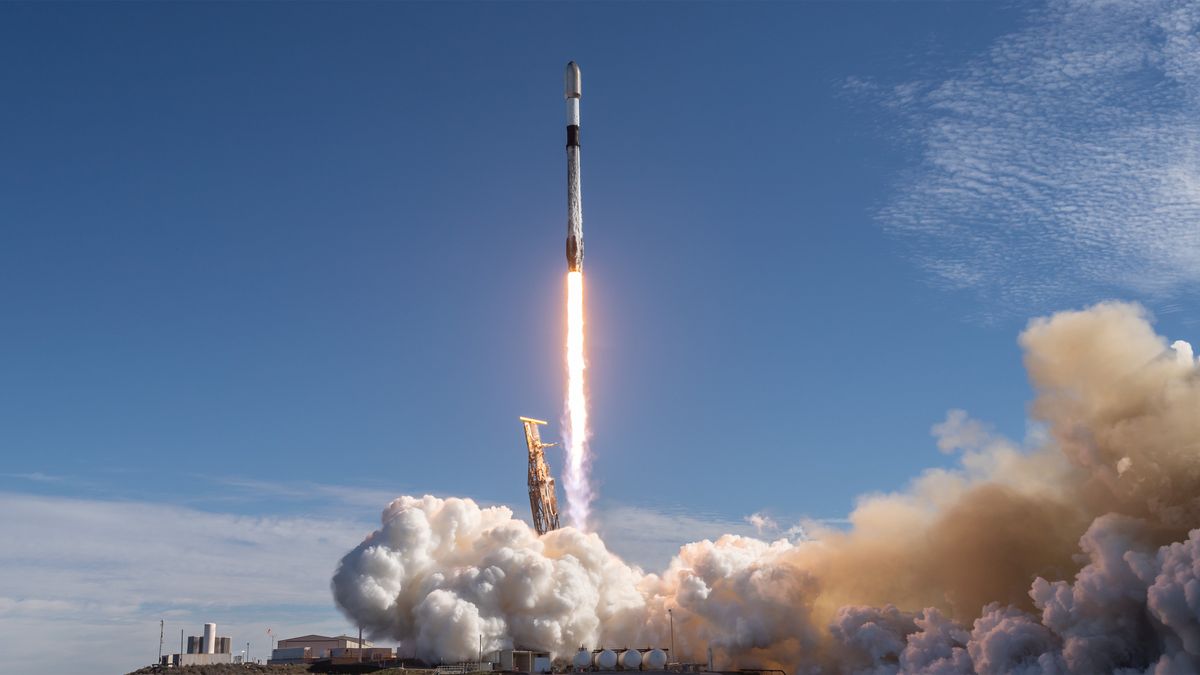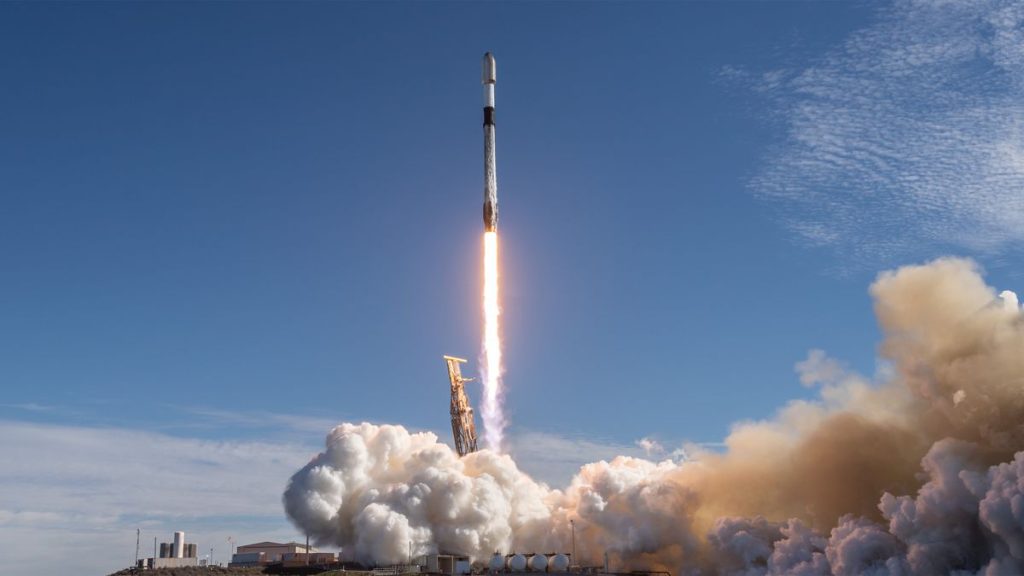SpaceX plans to launch another batch of U.S. spy satellites early Saturday morning (Nov. 30).
A Falcon 9 rocket is scheduled to lift off from California’s Vandenberg Space Force Base on Saturday during a four-hour window that opens at 3:10 a.m. EST (0810 GMT; 12:10 a.m. local time). The rocket will be carrying a set of spacecraft for the National Reconnaissance Office (NRO), as well as 20 of SpaceX’s own Starlink broadband spacecraft,
SpaceX usually livestreams its missions via X, beginning five to 15 minutes before launch. However, the company’s mission description doesn’t mention anything about a webcast for this liftoff.
Saturday’s mission, known as NROL-126, will be the fifth launch to support the NRO’s “proliferated architecture.” All of the launches so far have been conducted by SpaceX.
Related: SpaceX launches next-gen US spy satellites on 100th Falcon 9 flight of the year (video, photos)
The term “proliferated architecture” describes a “new paradigm for assets the NRO is putting on orbit,” the agency, which operates the nation’s fleet of spy satellites, said in an NROL-126 mission description.
Those assets are “numerous, smaller satellites designed for capability and resilience,” according to the NRO. That’s a break from the NRO’s traditional strategy, which relied on a few highly capable, but very expensive and difficult to replace, eyes in the sky.
We don’t know much about the “proliferated architecture” satellites; the activities and abilities of NRO craft tend to be classified. However, these new spacecraft are believed to be based on SpaceX’s Starlink satellites, with some fancy, classified sensors attached.
If all goes according to plan on Saturday, the Falcon 9’s first stage will come back to Earth about eight minutes after liftoff for a landing on the SpaceX drone ship “Of Course I Still Love You” in the Pacific Ocean.
It will be the first launch and landing for this particular booster, according to SpaceX’s mission description. The Starlink satellites will be deployed into low Earth orbit about 62 minutes after liftoff. The mission description doesn’t say when the NRO craft will separate from the Falcon 9’s upper stage.
The first four proliferated architecture missions also lifted off atop Falcon 9 rockets this year — NROL-146 in May, NROL-186 in June, NROL-113 in September and NROL-167 in October.
NROL-167 marked the 100th flight of 2024 for a Falcon 9, extending SpaceX’s record for most liftoffs in a single year. The 2024 tally for the workhorse rocket now stands at 117. Nearly 70% of those missions have been Starlink launches.




